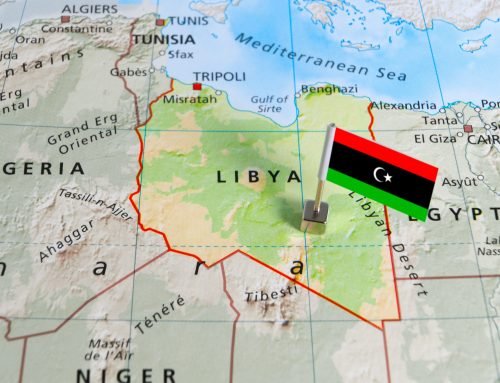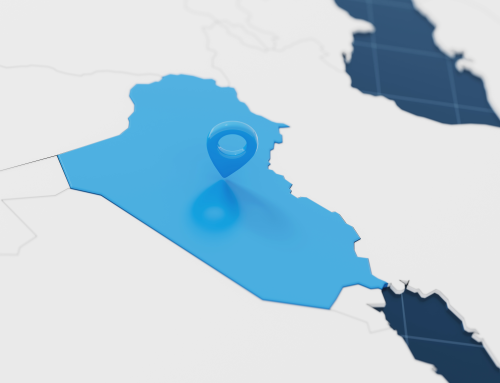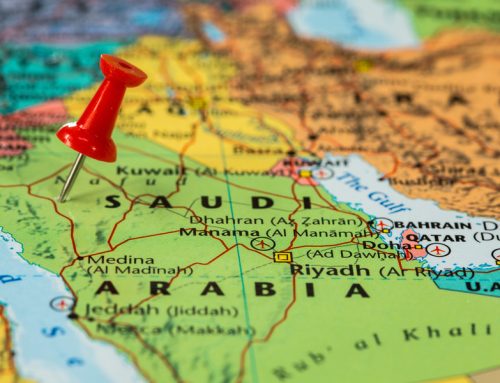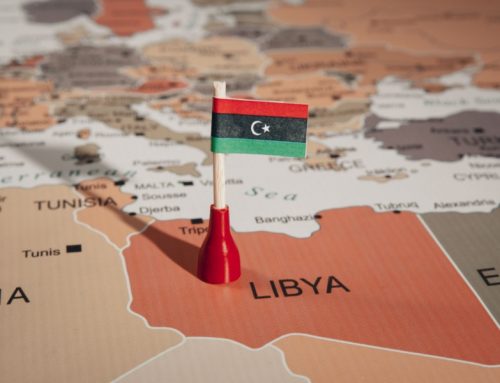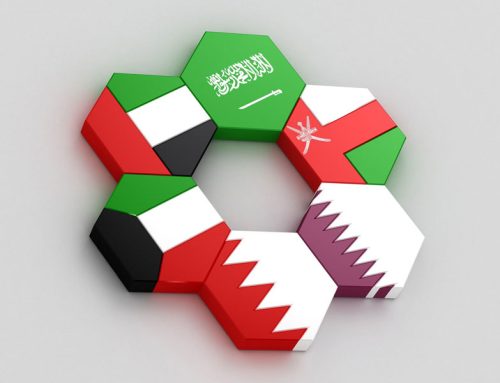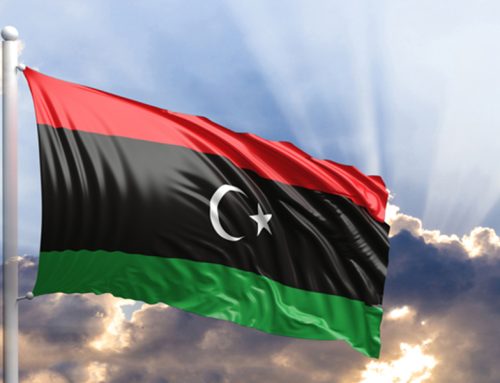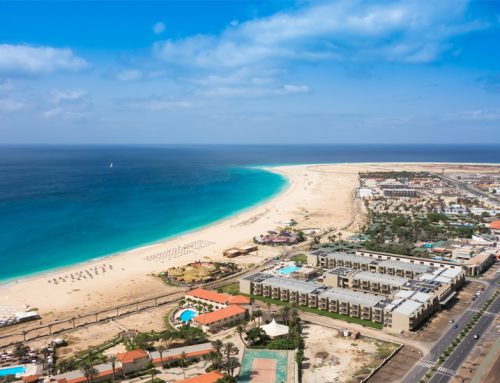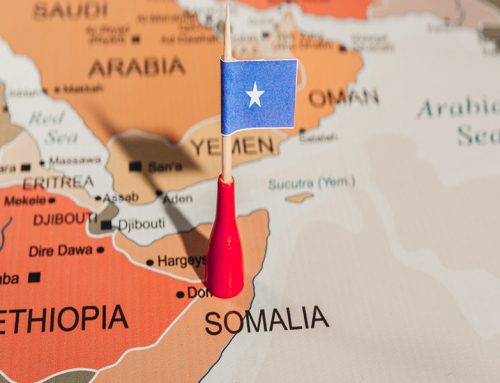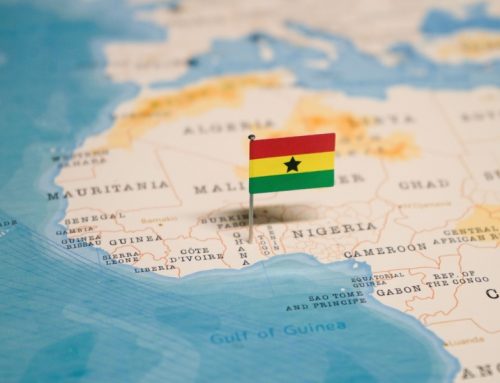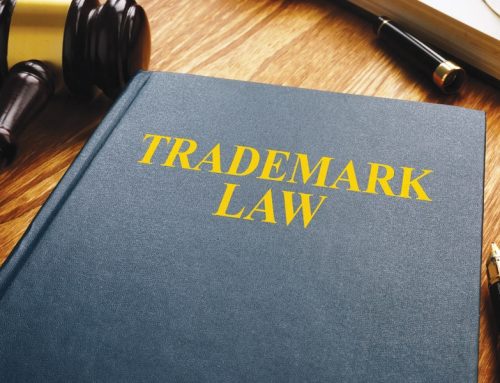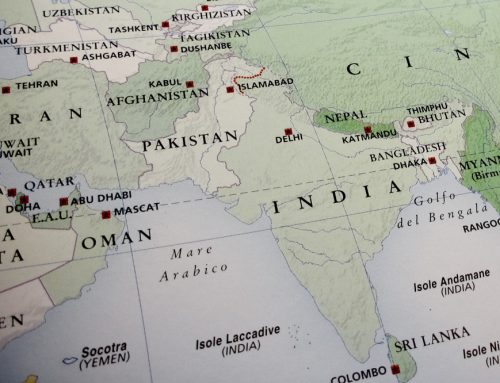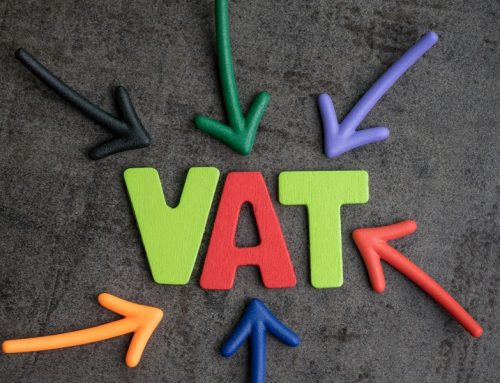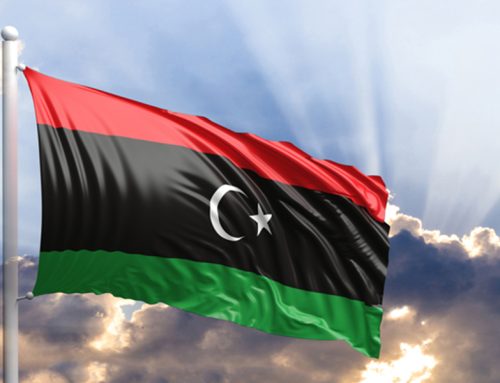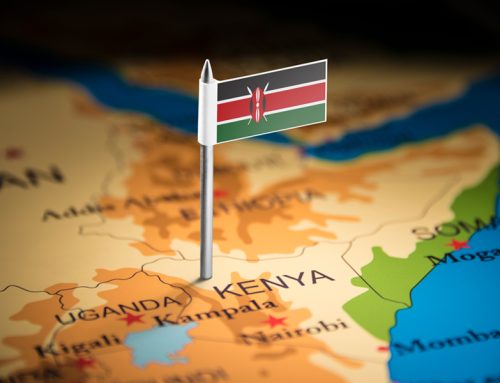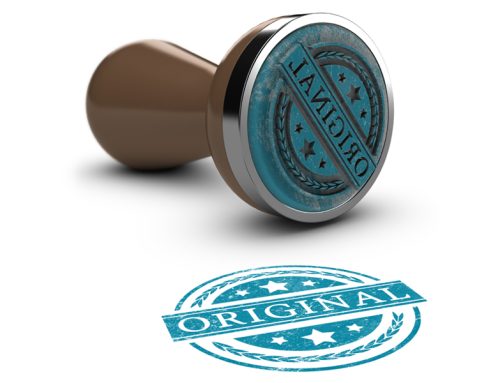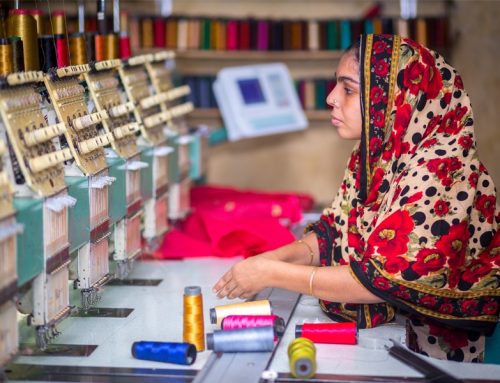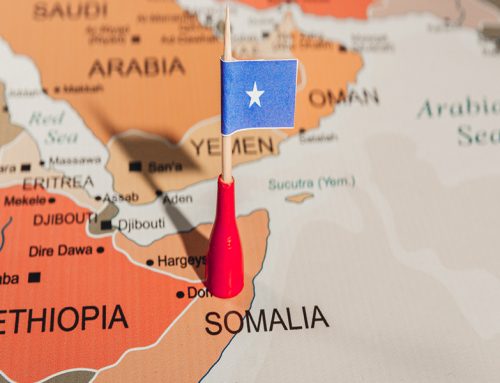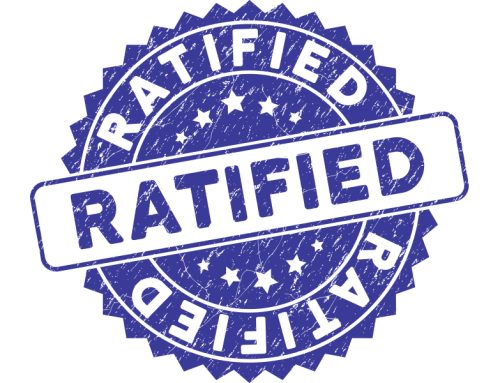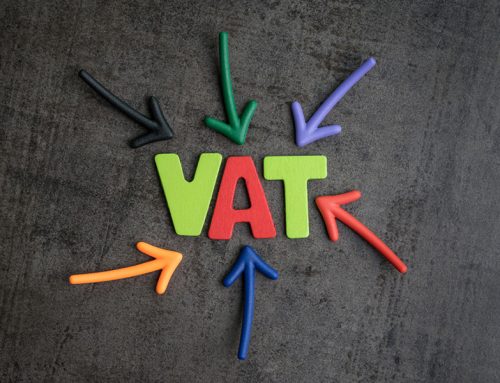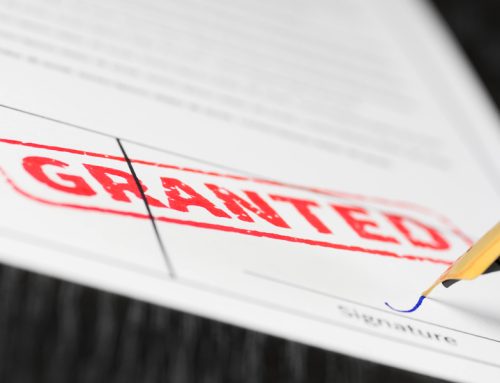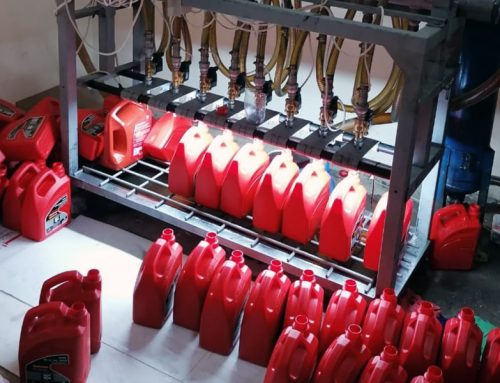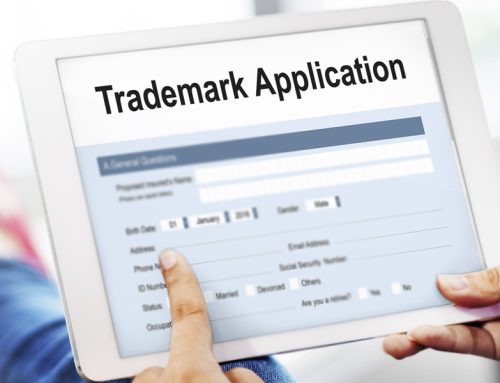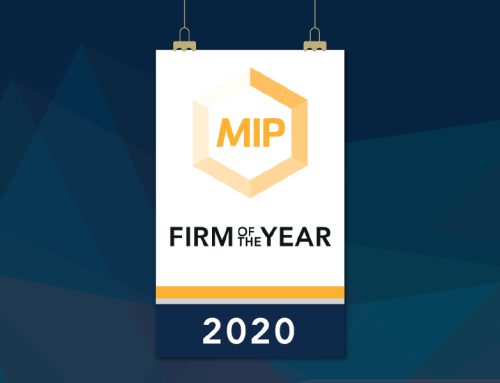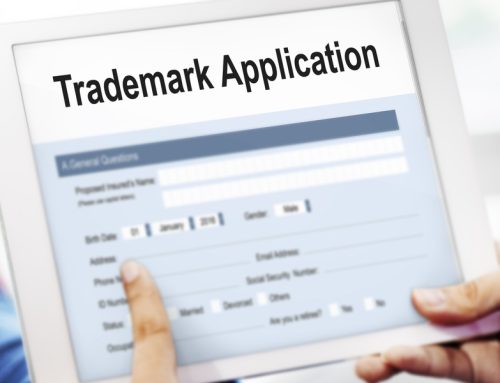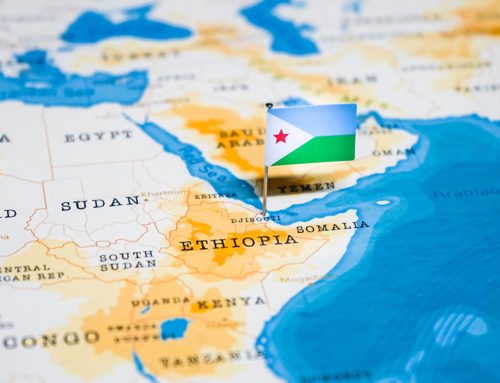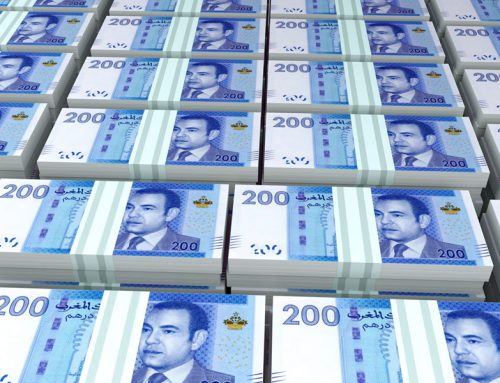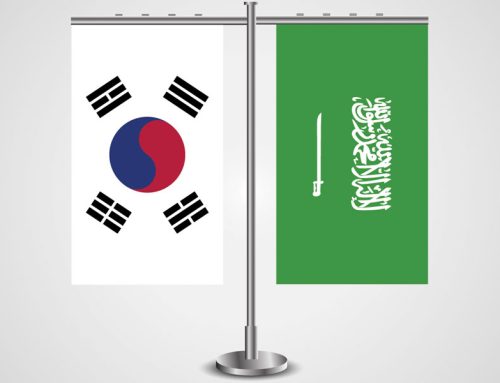Our annual “Year in Review” feature sums up the most important intellectual property news and developments that unfolded over the past year in the Middle East, Africa, and their neighboring regions.
The wireless trend continues to gain more and more traction regionally, as we have been witnessing over the years. Algeria, Azerbaijan, Egypt, Iran, Jordan, Kuwait, Saudi Arabia, Lebanon, Morocco, and the United Arab Emirates are among several jurisdictions that already have fully functional online platforms. This past year was particularly interesting as we saw the UAE going fully paperless in early October 2019. Egypt expanded the functionality of its online platform and allowed patent official fees to be paid electronically as of May 2019. In more recent news, Egypt amended the Implementing Regulations of its IP Law to include provisions on the establishment of an electronic notification system. This update, which was announced in November 2018, stipulates that the Patent and Trademark Offices will introduce paperless notification processes in 2020. With a virtually instantaneous issuance of filing receipts and filing numbers, and the ease of online payment of fees, we expect a remarkable increase in the speed within which applications are examined.
Official fees were revised across numerous jurisdictions this past year, mainly in Algeria, Bahrain, Jordan, Kuwait, Tunisia, UAE, and Yemen. However, in the UAE we saw a dramatic decrease in the official fees—which were previously among the highest in the region. This update follows the UAE’s recent decision to amend the fees for more than 1,500 government services in an effort to decrease the cost of doing business and bolster the competitiveness of the country to empower entrepreneurs and encourage the creation of new investment opportunities.
On the patents front, we noticed an ongoing improvement of the economic landscape across the region. Saudi Arabia signed three different patent prosecution highway agreements with the United States, South Korea, and Japan. The UAE also signed a separate agreement with South Korea this past year. We expect these agreements, among other cooperation endeavors, to encourage further investment in developing innovative products and processes. Local and foreign investments have already catalyzed such developments and, in combination with growing markets and needs, it is only a question of time before certain local industries in the region become pioneers in their fields.
Other notable developments in the region worth pointing out are outlined below:
Trademark Updates:
Updates on the Legal Scene
Saudi Arabia
Saudi Arabia broadened the definition of a trademark and now allows the registration of surnames as marks. The Trademark Office will assess several aspects when examining the trademark application.
The country also approved the Franchising Law in late October 2019, which is expected to enter into force on April 25, 2020. The Ministry of Commerce and Investment will be administering the Law and issuing the Implementing Regulations that will clarify the Law’s provisions. Once in effect, the Law will apply to all franchising arrangements in Saudi Arabia.
Qatar
Qatar issued Law no. 7 of 2019 to promote the use of the Arabic language. Regarding trademarks, Article 10 of the Law mandates that all trademarks and trade names must be displayed in Arabic. It is possible to use the foreign mark provided that the Arabic version is placed in a more prominent place.
Procedural Changes
Oman
The TMO accepted the first sound trademark application in the country, with the sound represented on the application by a musical notation. The applications were examined as to form only, and were subsequently registered.
However, in the absence of fundamental principles of protectability of sound marks including related definitive issues such as specific articulation or affixation/product connection requirements, grey areas in the legislation and the implementation have still to be clarified.
There are no precedents on how prior cases regarding infringement of unconventional sound trademarks have been decided. Generally speaking, the existence of such precedents gives an indication of how the judicial interpretation of the laws would be in cases involving identical circumstances.
So the question of enforceability of sound trademarks is a matter solely determined by the articles on trademark infringement as referred to under the local law in Oman.
Kuwait
The legalized power of attorney must be submitted at the time of filing at the TMO as of January 2019. Prior to this procedural change, the TMO stipulated that the POA may be submitted within three months from filing date. As for the priority claim, no changes were made to the deadline. Priority documents in support of trademark applications may be submitted within three months from filing date.
Patent Updates:
Saudi Arabia: Patent Grievances Committee Established
Saudi Arabia established the Patent Grievances Committee. Pursuant to Article 35 of the Law of Patents, Layout Designs of Integrated Circuits, Plant Varieties, and Industrial Models, the Committee has the jurisdiction to hear infringement cases, invalidation cases, and allows applicants and interested parties to have a clear mechanism for appealing or opposing official decisions. We expect the Committee will streamline patent related procedures and motivate local innovation and the country’s economic systems.
Egypt: Protecting Plant Varieties
Egypt amended Book Four of Law no. 82 of 2002 on the Protection of Intellectual Property Rights, which relates to Plant Varieties. These amendments made the Egyptian IP Law more compatible with the International Convention for the Protection of New Varieties of Plants.
Management of Patent Annuities
Jordan
For patent applications entered via PCT on or after April 22, 2019, annuities due at the time of national filing will include the back annuities accumulated in the international stage. With this new practice, annuities will become due annually prior to grant with the international filing date as the base date.
As for applications filed in accordance to the Paris Convention, annuities may be paid annually while an application is pending (optional), where the base date is the national filing date.
Syria
The Patent Office granted a grace period of one year, as of June 17, 2019, for inventors who did not invest in their inventions to reinstate patents for their inventions, or submit a nominal working.
Copyright Updates:
Setting the Stage for Creative Works
Saudi Arabia and Kuwait
Both Saudi Arabia and Kuwait have taken serious strides in their effort to encourage the creation of art and culture by issuing Implementing Regulations of their national Copyright Laws.
In related news, the Marrakesh Treaty entered into force in Saudi Arabia. It is worth noting that Saudi Arabia is the first country in the region to ratify the Marrakesh Treaty and begin providing access to published works for persons who are blind or visually impaired, free of charge.
With the Treaty in force, Saudi Arabia eases the challenges faced by people with visual disabilities in reading publications, facilitate their participation in cultural and social life, and increase their access to culture, knowledge, and education.
Contracting states in the region are Afghanistan, Azerbaijan, India, Jordan, Morocco, Qatar, Tunisia, and the United Arab Emirates.
Should you have any questions, or require any additional information, please contact us news@sabaip.com



